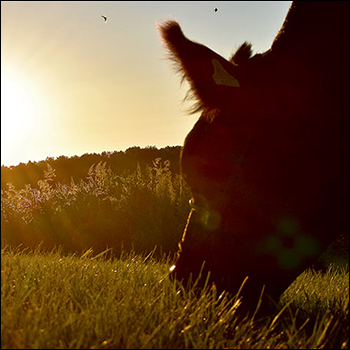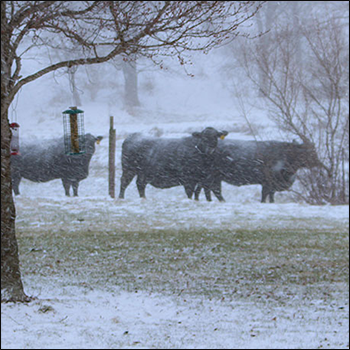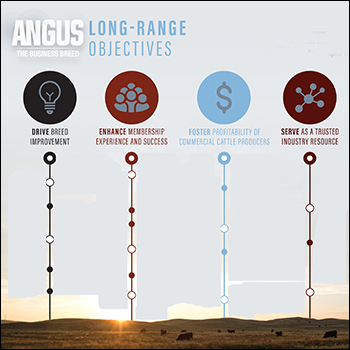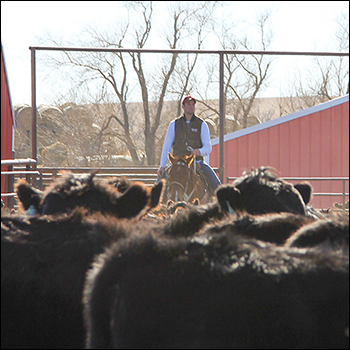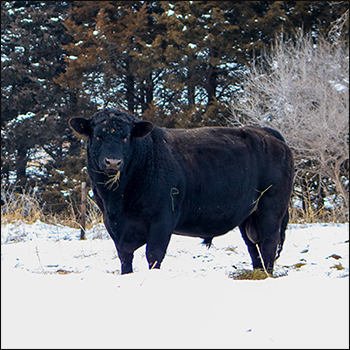
Estate Planning Survey Says!
Part 1 of 3: Survey results provide insight on current state of farm and ranch estate and succession planning.

When looking for farm and ranch estate and succession planning solutions with increasingly challenging farm family dynamics, it’s prudent to first look at the data. Rincker Law PLLC performed a survey sent via email and posted via social media geared for agriculture producers. This article discusses the data from that survey and delves into what this might be on the state of farm and ranch estate and succession planning.
Demographics Results from 58 survey respondents were collected via Survey Monkey from July 27 to Oct. 27, 2020. 46.55% of participants indicated they were farmer landowners while one (1.72%) was a tenant farmer. 17.24% identified as both landlord and tenant farmer. 18.97% said they were a farmer with an off-farm job. Four participants stated they were agribusiness owners, while two noted they were agriculture employees.
Interestingly, 46.55% of survey respondents were age 35-44, which may be the age when farm and estate planning becomes of interest to heirs. The second-largest age demographic of survey respondents included those 45-54 (25.86%), again highlighting the interest in this topic as they reach the age their parents may soon not be able to farm.
Nearly 85% of survey respondents said they were married. More than one-third said they had two children, and about 19% said they had one child. Approximately the same number of participants had three children or no children with 15.52% and 17.24%, respectively. Seven participants had four or more children.
Estate planning: The basics As a preliminary matter, there is overlap among the concepts of estate planning, succession planning and business planning. They are each separate ideas with overlap affecting the global picture. Estate planning consists of the legal documents that typically affect a person upon death or incapacity. Succession planning is the game plan on how the family business will pass from one generation to the next. Business planning usually includes a business entity such as a limited liability corporation, corporation, limited partnership, general partnership, etc. Each complements the other two, and the three work together to complete an estate and succession planning puzzle unique for each farm and ranch family.
Surprisingly, only 56.14% of the survey respondents indicated they had an estate plan. This is bothersome because a higher percentage of participants indicated they had a last will and testament (a will); thus, those additional persons either did it themselves, which may or may not be legally enforceable, or they fired their estate-planning lawyer and no longer had a relationship with this person. Fourteen of the survey respondents said they found their lawyer locally, while an equal number of participants (also 25% of the total) said they found their estate-planning lawyer from someone they know personally.
The documents On a positive note, 72.7% of survey respondents had a last will and testament. No questions were asked about how old the will was or the last time it was revisited. It is positive that nearly three-fourths of the respondents had at least some type of will in place.
On the other hand, 27.59% of survey respondents indicated they did not have a will. This was surprising, since only 8.5% of the survey respondents were less than 34 years of age. This is a simple first step that every adult should have in place, even if they have no children and are unmarried. Without a will, the court decides how to allocate the estate under the rules of intestacy in that particular state. Executing a last will and testament is a simple process that allows the decedent to decide how his/her estate will pass.
Disappointingly, only 50% of survey respondents had a power of attorney for property. Without this, a family member may have to pursue a guardianship, costing thousands of dollars in legal expenses if a family member is incapacitated. A power of attorney is a simple legal document that likely costs hundreds of dollars. Powers of attorney can also be used while the principal has capacity or for a limited purpose, such as a real-estate closing or communications with the Internal Revenue Service (IRS).
Not surprisingly, only 27.9% of participants had a trust. This tool is underutilized in agriculture. Trusts can be an extremely beneficial estate-planning tool for farm families. If the trust is funded properly, the farm or ranch can avoid probate. Avoiding probate protects privacy and can reduce legal fees upon death. Another advantage is that the transfer takes place instantaneously vs. waiting for nearly a year or more for probate to be completed. This can be particularly useful to farms that participate in federal farm programs. Nearly all farms or ranches can benefit from a revocable living trust, depending on size.
There are two major types of trusts — revocable and irrevocable. When asking the 16 survey respondents who had trusts, 11 of them indicated they had a revocable trust, while four indicated they had an irrevocable trust. Irrevocable trusts can be helpful to farm families concerned about Medicaid planning. Three survey takers were unsure, which goes to the education that estate-planning lawyers are sometimes not providing to their clients.
Life insurance It is easy to forget that life insurance is part of the estate-planning puzzle. Nearly 90% of participants noted that they had life insurance. However, when asked whether they had ample life insurance to cover the farm, agribusiness and personal debt, only 67.39% said they did. More education in agriculture is needed to better inform farmers and ranchers on how life insurance can be used in the larger estate-planning picture.
Life insurance is not income taxable, but it is estate taxable. No questions in this survey were asked about this concept, but many people are not aware of this nuance.
Editor’s note: This article was edited from a longer article by Cari Rincker. She is the principal attorney at Rincker Law PLLC. Stay tuned for two more articles on how to overcome roadblocks to estate planning and additional tools available.
